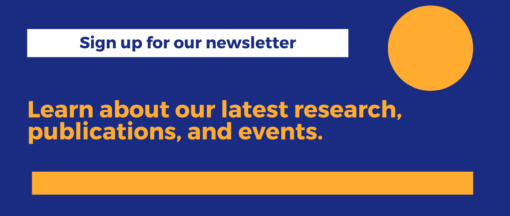Ethics & Human Research
Troubling Hope: Religious Faith and False Hope in Clinical Research Participants
ABSTRACT Much of the discussion of hope in oncology research ethics literature raises concern that hope is problematic because it indicates irrationality or misunderstanding, which makes potential research participants vulnerable to exploitation. If hope is rooted in ignorance, exploitation, or a failure to appreciate risks, then consent is not voluntary. Some argue that research participants who hope for benefit should be rejected from phase I oncology trials because they lack capacity to consent. This article considers how hope relates to rationality and voluntary decision-making, especially in the context of religious faith and terminal illness, and shows that the issue causing concern is not necessarily due to decision-making capacity. Potential participants who hope for medical benefit from a trial should not be rejected on the grounds that they lack capacity; rather, they should be admitted and provided support for moral deliberation, especially when relying on religious reasons for participating in a trial.

